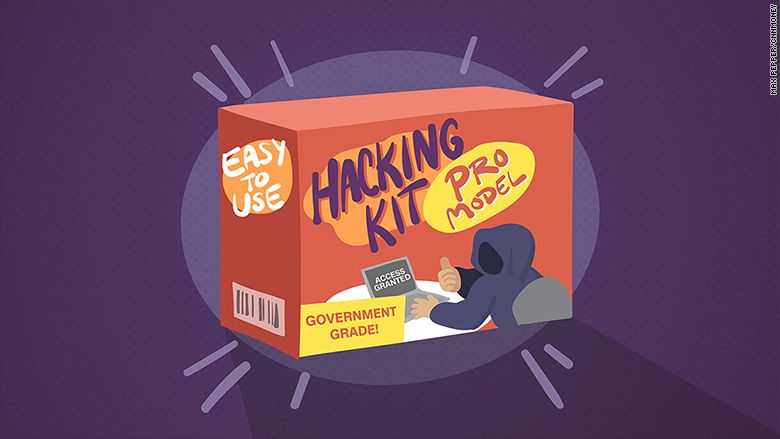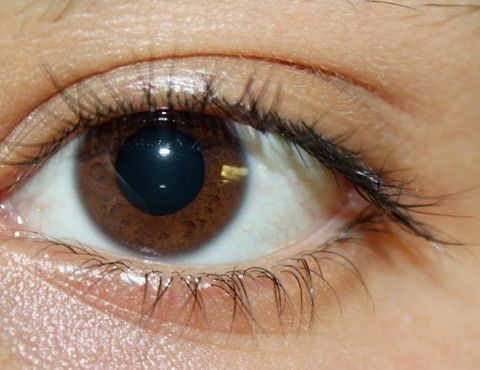Ouch!!!
National Security Agency says tools left exposed by mistake — and dumping by presumably Russia-backed hackers Shadow Brokers.
An FBI investigation into the public dumping of hacking tools used by the National Security Agency (NSA) to uncover security flaws in some networking vendor products is looking at how the tools were exposed on a remote computer, a Reuters report says, quoting people close to the investigation.
Sources say NSA believes it was an inadvertent act by an employee or contractor, but the NSA did not inform manufacturers of the leak because sensors employed to detect misuse of the tools came up empty-handed. NSA may have wanted to take advantage of the theft to gather intelligence and improve its defense, adds the exclusive.










